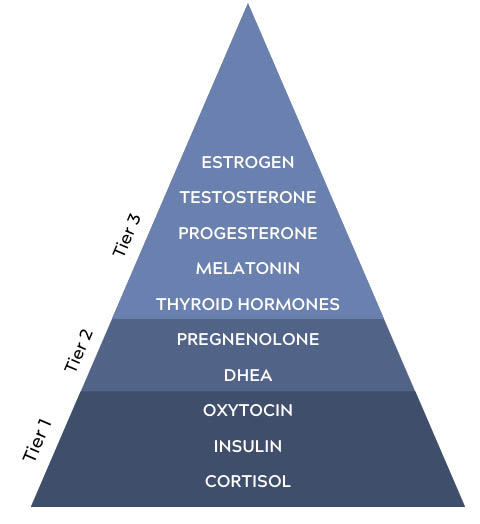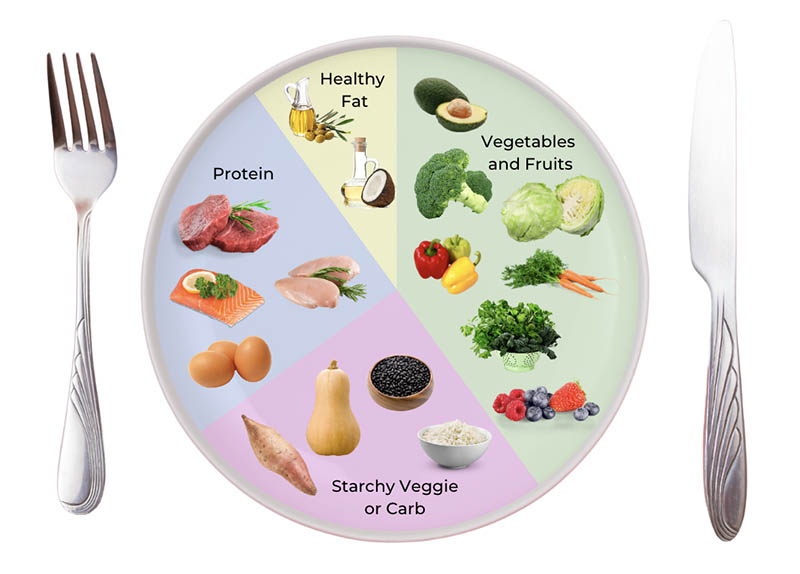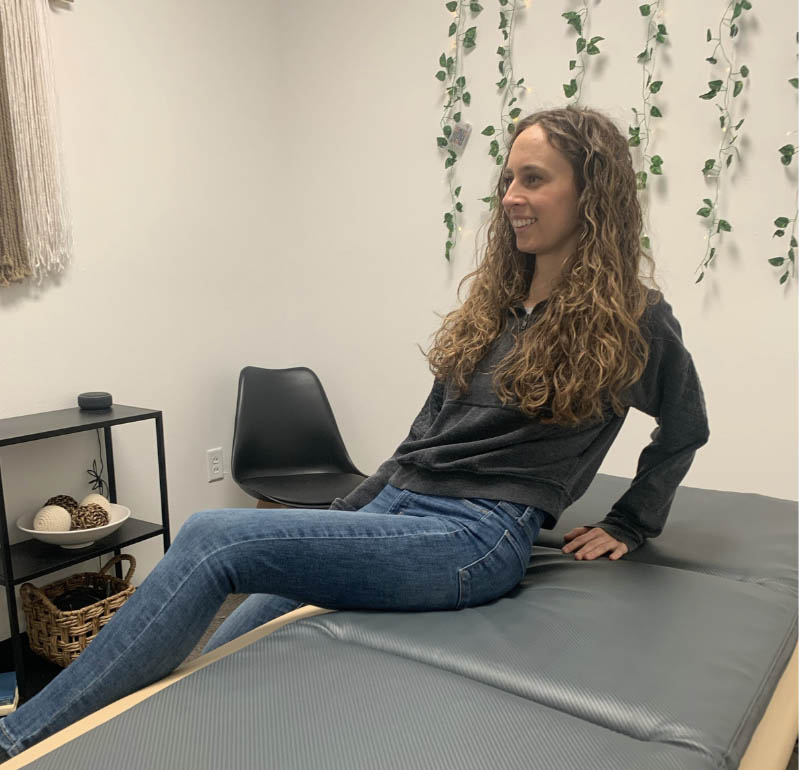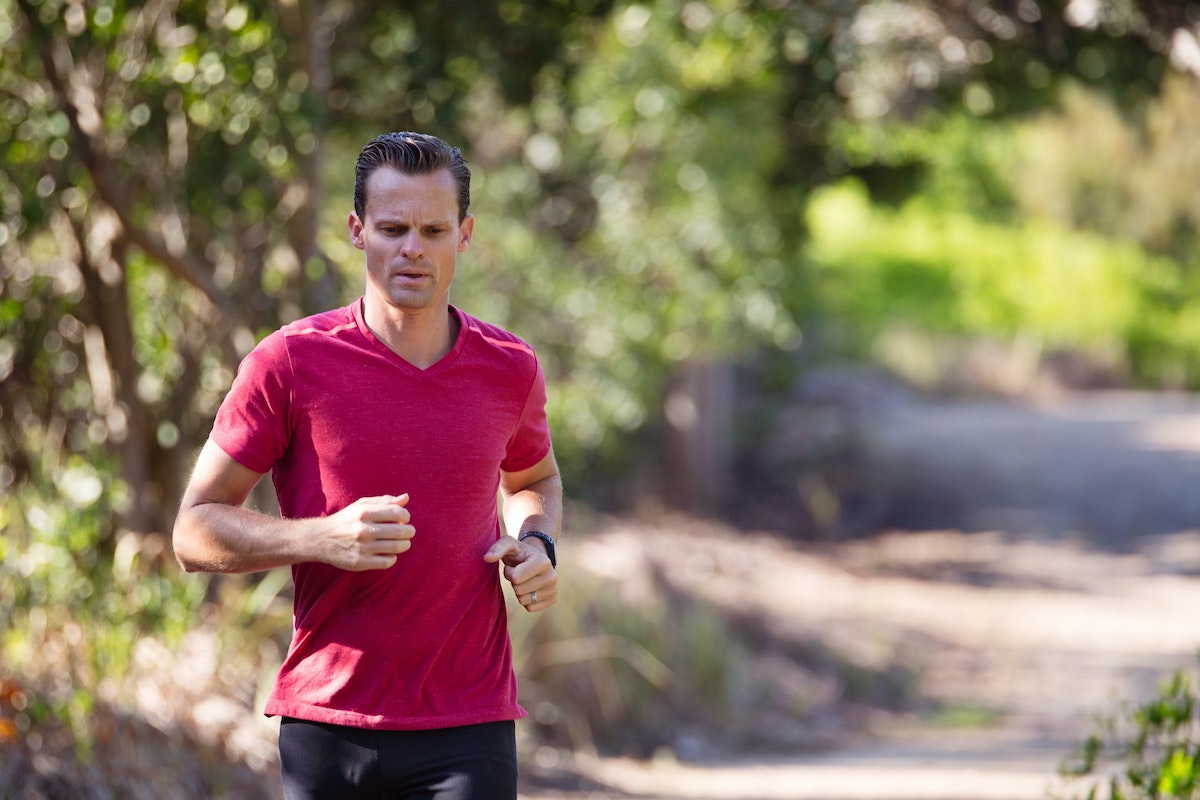Hey everyone! This is Claire on the blog today sharing some information about hormones!
Did you know – cortisol is one of the many types of hormones in our bodies. But here’s what’s so important about it: it’s at the base of what we call the hormone hierarchy and controls all the other hormones in your body.

So, when you are stressed out, your cortisol is going to rise, and then that is going to cause issues with all of your other hormones: i.e. your sex hormones, thyroid hormones, you name it. So, what to do? Below are four tips for reducing your stress. And it’s not going to be a one size fits all kind of thing and it’s not going to be the case where you pick one tip below and that one thing does it. It’s going to be pieces of a puzzle all put together to help you live a more stress reduced life.
Because the truth is, we don’t live in a stress-free world, and so we have to find ways to reduce our stress in our everyday lives and teach our bodies along the way not to respond as much to stressful triggers around us. It’s a process for sure, but incorporating some version of these tips below can help balance your stress and subsequently help balance your hormones.
TIP 1: EAT A BALANCED DIET AND EAT AROUND THE SAME TIME EVERY DAY.
Hormone healthy eating consists of eating a healthy protein, healthy fat, and healthy carbohydrate at every meal. Think about things like meat, cooked in avocado oil/ghee/coconut oil, and a sweet potato for example. Also, always add in some kind of green (vegetable, salad) to help add fiber to your diet.
I say it a lot in the clinic and so if you’re one of our clients, you’ve heard this before: hormones need boundaries. They are the first to act out and the last to get back in line when there is an issue in your body, and so we have to give them good boundaries to help them regulate. So, another tip is to eat your meals around the same time each day (again: boundaries for those hormones). It’s also a great idea to leave at least 2-3 hours in between when you eat so that your body can do its job of digesting the food before you put more things in there.

TIP 2: MOVE YOUR BODY
This can be a walk each day, working out, yoga, stretching…you name it. But moving your body helps lower your cortisol levels, which can also help regulate your hormones. Now, I’m sure you’ve heard that High Intensity Interval Training isn’t great for hormones – and honestly, I’d have to agree with you on that one. I’m a big fan of resistance training for women especially because it helps your body in lots of ways (preventing osteopenia / osteoporosis, helps build stronger muscles), but moving your body in some form throughout the week is going to help control and lower your stress levels, which is our goal for regulating your hormones overall.

TIP 3: CONSIDER ENERGY-BASED MEDICINE / TREATMENTS
When I say “energy-based medicine”, I mean things like Frequency Specific Microcurrent (FSM) or Pulsed Electromagnetic Field Therapy (PEMF) that we offer in the clinic. Phillip (our physical therapist) uses FSM to help treat injuries, but we also know it can do wonders on lowering systemic inflammation and helps raise serotonin levels in the body (serotonin is important in regulating your mood and also plays a role in regulating your digestive system and sleep). So when we are working to lower cortisol and raise serotonin via FSM and/or PEMF therapy, we’re working on our body’s ability to fight off infection, lower anxiety, and decrease stress overall – which means we’re working on regulating our hormones.

TIP 4: GET OUTSIDE
Not only is sunshine great for your immune system (we get vitamin D from the sun and vitamin D is an immune system regulator), but being outside helps us recenter and disconnect from all the notifications, texts, etc., that we get on a daily basis. Our society is inundated with information, and sometimes that can overwhelm our brains, which then go into protect mode and leave us in a constant fight-or-flight state (and here comes that cortisol again and the subsequent dysregulation of our hormones). So, if you can – get outside, take in some sunshine, and take your shoes off and stand in the grass (grounding is great for the body and great for healing and lowering stress).


